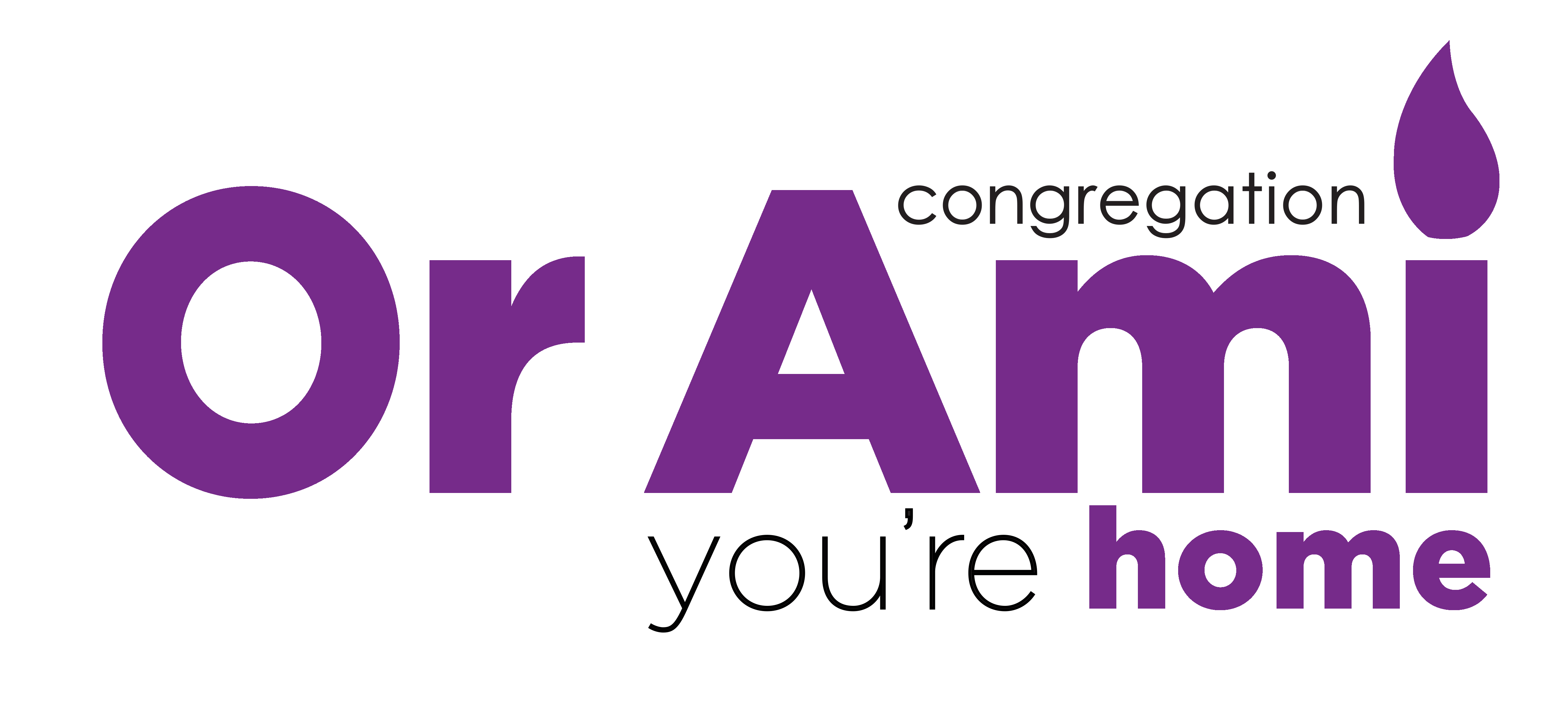Selichot means forgiveness in Hebrew
Rabbi Lana writes:
For many Jewish people, the High Holidays season begins with Rosh HaShanah. Our tradition, however, teaches that the preceding month of Elul is a time of soul-searching and reflection, to prepare oneself for the magnitude of the Days of Awe. It is during this time that we observe Selichot.
Selichot are Jewish repentant poems and prayers that are recited in the period leading up to the High Holidays. Selichot means forgiveness in Hebrew. We begin and end the season of repentance with the same words, calling out to the compassionate God who we hope will accept our prayers.
The term Selichot first appears as a reference to the biblical verses that were added to the Yom Kippur liturgy. Eventually, the holiday prayers were combined with general prayers of repentance. The first ever Siddur (prayer book) by Rabbi Amram Gaon, from the ninth century, includes a collection of these poetic writings and meditations. While these prayers were initially only recited during the days between Rosh HaShanah and Yom Kippur, the custom developed to use them in the days beforehand as well.
In the Sephardic (Spanish and Middle Eastern) Jewish tradition, recital of Selichot in preparation for the High Holidays begins on the second day of the Hebrew month of Elul.
In the Ashkenazi (European) Jewish tradition, Selichot are recited from the Saturday night before Rosh Hashanah.
As we follow the Ashkenazi tradition this Saturday night, the last Shabbat before Rosh Hashanah, I invite you to join Cantor Kyle and myself for an evening of inspiration, music, conversation, prayer, meditation, and learning.
Our time together will include light refreshments, watching a movie about an illuminating Jewish leader, Rabbi Joachim Prinz, followed by a beautiful musical service which will allow us to open our hearts, tune our souls towards the upcoming new year, and enjoy the spirit of our community.
During the service, we will also change our Torah covers to special white ones, designed for the High Holidays, representing purity and the wish that through the process of Teshuvah (repentance), our sins shall be as white as snow (Isaiah 1:18).
Please join us for this special celebration of Selichot and the last Shabbat of the year 5783.
Shabbat Shalom!
